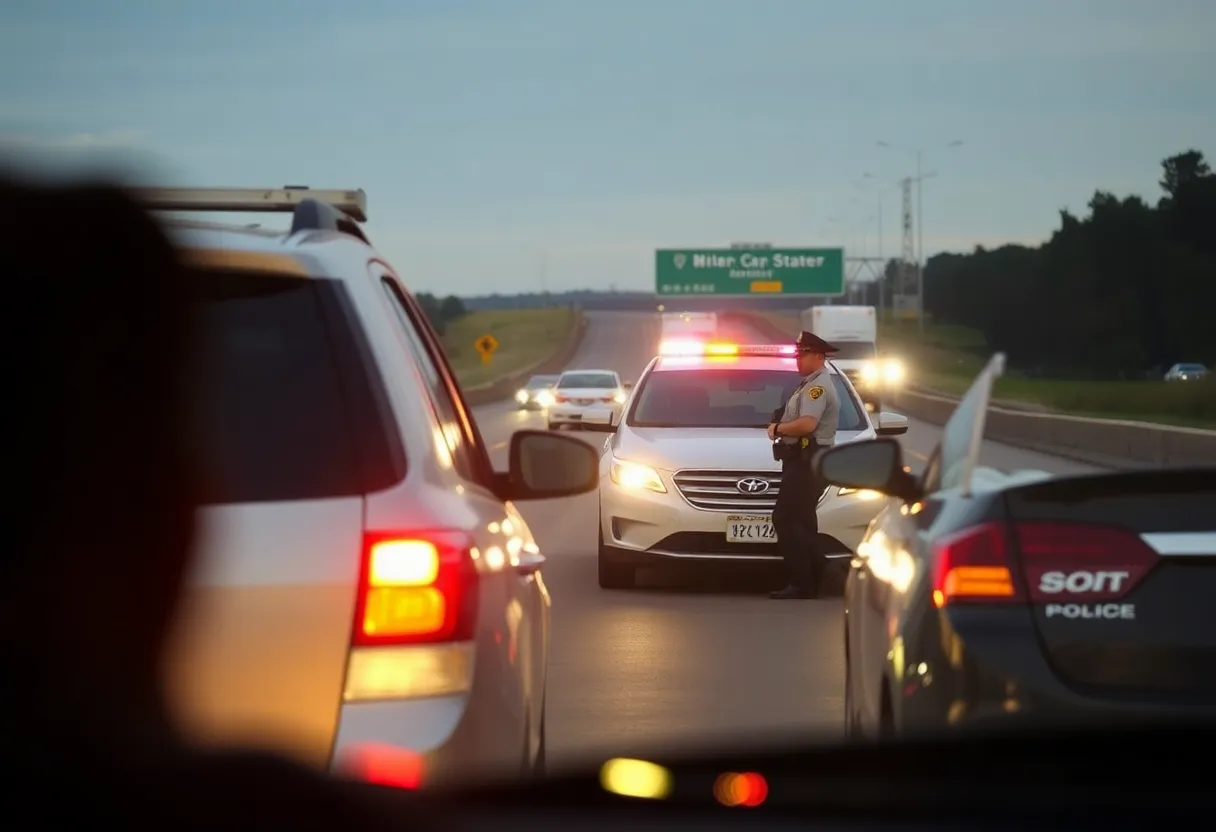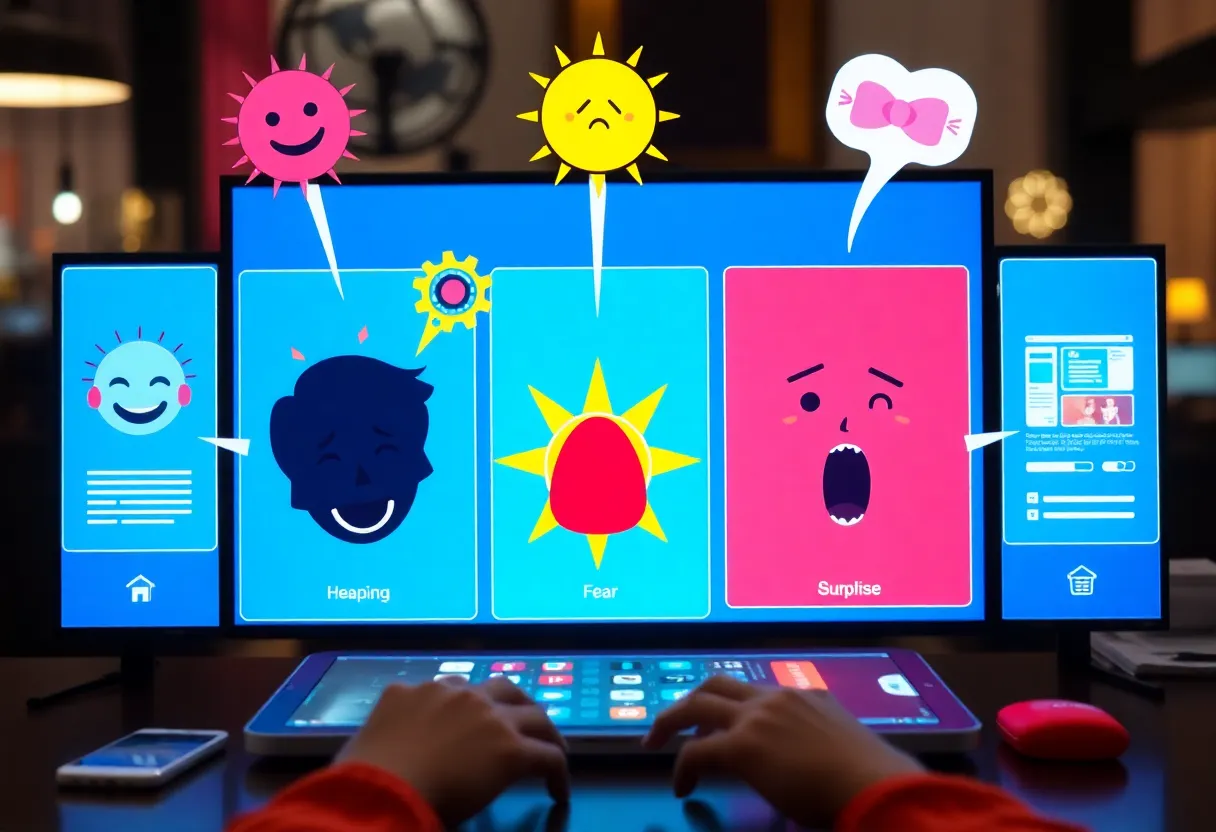News Summary
The Supreme Court has revived a civil rights lawsuit against a Texas police officer involved in a fatal shooting during a traffic stop. The case concerns the incident where Ashtian Barnes was shot by Officer Roberto Felix Jr. after a confrontation during a stop related to unpaid tolls. The ruling emphasizes the need to evaluate the totality of circumstances leading to police actions, which could lead to significant changes in excessive force cases moving forward.
Supreme Court Revives Lawsuit Over Fatal Shooting During Traffic Stop
In a significant turn of events, the Supreme Court has unanimously decided to revive a civil rights lawsuit against a Texas police officer involved in a tragic shooting during a traffic stop. The case centers around the fatal encounter between Officer Roberto Felix Jr. and a man named Ashtian Barnes, who lost his life in April 2016 under distressing circumstances related to unpaid tolls.
To set the scene, this incident unfolded on the shoulder of the Sam Houston Tollway in Houston when Barnes was pulled over while driving a rental car. The police officer had received instructions informing him that the license plate of the vehicle he stopped had outstanding toll violations. However, it’s important to note that Barnes had no idea about these unpaid tolls, as the car was rented by his girlfriend, who regrettably hadn’t mentioned the issue to him.
During the stop, a confrontation broke out between Barnes and Officer Felix, leading to a tense moment that would change everything. As Barnes began to drive away, Felix claimed he “reasonably feared for his life.” In a flash, Felix jumped onto the door sill of Barnes’ car and fired two shots within just two seconds. This split-second decision tragically resulted in Barnes’ death right there at the scene.
The Aftermath: A Mother’s Fight for Justice
The aftermath of this harrowing event saw Janice Hughes, Barnes’ mother, take a stand by filing a lawsuit against the officer for excessive force. Initially, lower courts dismissed her case, but the Supreme Court’s recent ruling has breathed new life into her pursuit of justice. This decision directed the 5th U.S. Circuit Court of Appeals to take a fresh look at the circumstances surrounding the shooting.
What’s particularly fascinating about this ruling is the Supreme Court’s critique of how lower courts had approached the evaluation of Officer Felix’s actions. Instead of looking solely at the immediate moment of danger, the Supreme Court argued for considering the totality of the circumstances leading to the confrontation. This shift could potentially have major implications for similar cases in the future, as it moves away from the “moment of the threat” doctrine that had been previously employed by several courts.
Understanding the Ruling and Its Implications
Justice Elena Kagan, who delivered the decision, pointed out that courts must assess all factors in a situation when deciding what is considered reasonable use of force by law enforcement. This new emphasis might make it easier for individuals alleging excessive force to support their cases more robustly.
Hughes, in light of the Supreme Court’s decision, expressed her hope that this will not only bring attention to her son’s specific case but also highlight broader issues related to police accountability. It’s worth noting, however, that while the lawsuit can now proceed, Officer Felix still has the opportunity to claim qualified immunity, which could shield him from personal liability in this case.
Another interesting aspect of this ruling is the timing—it was delivered on Peace Officers Memorial Day, a day set aside to honor law enforcement officers who have lost their lives while serving. However, it appears the timing was coincidental and not intentionally arranged with the observance. After the incident, an internal investigation cleared Felix of any wrongdoing, and he has not faced criminal charges connected to the shooting.
Importantly, a dashboard camera captured the entire encounter, providing a critical piece of evidence that may influence the ongoing legal proceedings. As this case makes its way through the judicial system once again, many will be watching closely to see how it unfolds and what it means for the future of civil rights and policing practices in America.
Deeper Dive: News & Info About This Topic
- NBC News
- Washington Post
- USA Today
- UPI
- The Well News
- Wikipedia: Police Brutality
- Google Search: Supreme Court police shooting
- Google Scholar: Supreme Court excessive force
- Encyclopedia Britannica: Police Shooting
- Google News: Supreme Court Houston shooting

Author: STAFF HERE FLORENCE WRITER
The FLORENCE STAFF WRITER represents the experienced team at HEREFlorence.com, your go-to source for actionable local news and information in Florence, Florence County, and beyond. Specializing in "news you can use," we cover essential topics like product reviews for personal and business needs, local business directories, politics, real estate trends, neighborhood insights, and state news affecting the area—with deep expertise drawn from years of dedicated reporting and strong community input, including local press releases and business updates. We deliver top reporting on high-value events such as the Florence Festival of Lights, Pee Dee Pride, and agricultural expos at the Florence Center. Our coverage extends to key organizations like the Florence Regional Chamber of Commerce and the Pee Dee Area Council of Governments, plus leading businesses in healthcare and retail that power the local economy such as McLeod Health and Pee Dee Electric Cooperative. As part of the broader HERE network, including HERECharleston.com, HEREColumbia.com, HEREGreenville.com, and HEREHiltonHead.com, we provide comprehensive, credible insights into South Carolina's dynamic landscape.





